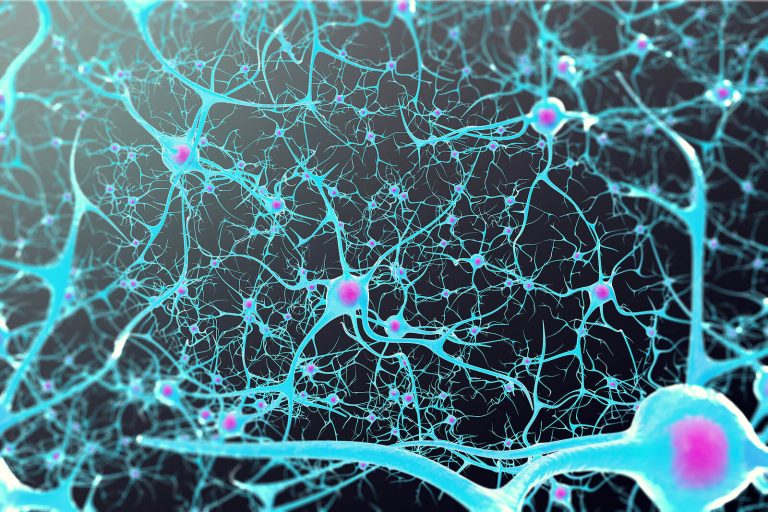The Lingering Mental Health Impact of COVID-19

2020 was a difficult year for many people. On March 11, 2020, The World Health Organization (WHO) declared the coronavirus (COVID-19) outbreak a global pandemic. The world was shut down. People were scared, isolated, and mental health struggles became more prevalent. The pandemic caused an up rise in mental health issues as job losses soared, people juggled working from home with caring for children, financial stress sky rocked, and isolation was at an all time high. Not to mention, people were getting sick and loved ones were passing away due to the harsh symptoms of COVID-19. Now, almost three years later, many people are still feeling the mental health effects of COVID-19. COVID-19 had tremendous social and economic impacts, and as a result, mental health impacts continue to be affected.
After 2020, some people have reported an increase in anxiety and depression. There have been reports of increase Post Traumatic Distress Disorder (PTSD) and people who were already struggling with a mental health problem, report higher and increased symptoms. Young people have had increase in social isolation and disconnect from peers, which can lead to an increase in anxiety, depression, and phobia of social situations. As people return to work and school, anxiety and depression linger. Post pandemic surveys show an increase in the number of people who report symptoms of stress, anxiety, depression and insomnia.
What to do?
It is clear that COVID-19 is having long term impacts on mental health. Below are some things to consider when trying to recover from a global pandemic.
- Take care of your body: The mind and body are tightly connected. Taking care of your body will most likely result in a benefit to mental health. Getting enough sleep, physical activity, diet, hydration, and deep breathing all ways to bring awareness to your physical body that will impact your overall mental health.
- Limit exposure to news/ social media: Constant news about COVID-19 from all types of media can heighten anxiety. Limit social media that may expose you to rumors and false information. Instead, try to be present with what is happening in the current moment, with honing focus into what you can control.
- Connect with others: Since isolating was forced upon us the past few years, it is important to try to build that up again. As humans, connection can be an important factor in mental health. Connections allow humans to develop meaningful relationships, which can improve overall happiness. If you are not sure where to begin, consider joining a group where there is mutual point of interest. Meetup.com or various phone applications promote positive relationships.
- Get mental health support: Seeing a therapist to process through feelings and emotions can be very helpful. There are also support groups an group therapy opportunities. Friends and family can also be great recourses to help with mental health support. However you a feeling, know that you are not alone in feeling that way.
- Confront the Greif: For many of us, it feels as though we were stripped of time, recourses, and opportunity. You can’t rush your recovery from prolonged stress or trauma, but confronting and processing through the grief may be helpful to facilitate a sense of “normalcy” again. Connecting with a therapist is a great way to process through the challenges and losses you have faced over time.
All in all, tt may take a while to feel like yourself again post global pandemic, and that is completely normal. If you are having a hard time adjusting, you are not alone. Fortunately, there is hope on the other side. Reach out to Mountain Vista Psychology today to address your mental health concerns.
Call For a FREE Consultation
We serve the Denver Metro area of Colorado. Click the button below to call and Schedule an Initial Consultation. To Schedule Neurofeedback or Testing please call us at 720-248-8603
Recent Articles
Dispelling Neurofeedback Myths
Neurofeedback has become increasingly popular as a therapeutic tool for clients, but it remains misunderstood by many. Misconceptions about its…
Autism Testing for Adults: Why Diagnosis Still Matters
What is Autism? Autism is a neurological difference that impacts how one scales social interactions, interpersonal relationships, and experiences the…
The Intersectionality of Autism & LGBTQIA Throughout the Lifespan
If you have a child (of any age) who you think may be Autistic, has been diagnosed as Autistic, or…
Autism Diagnosis Support Guide: Interventions, Therapy, and Accommodations for All Ages
Understanding Your Diagnosis An Autism or other mental health diagnosis may be very overwhelming. Understanding a diagnosis can help lessen…





